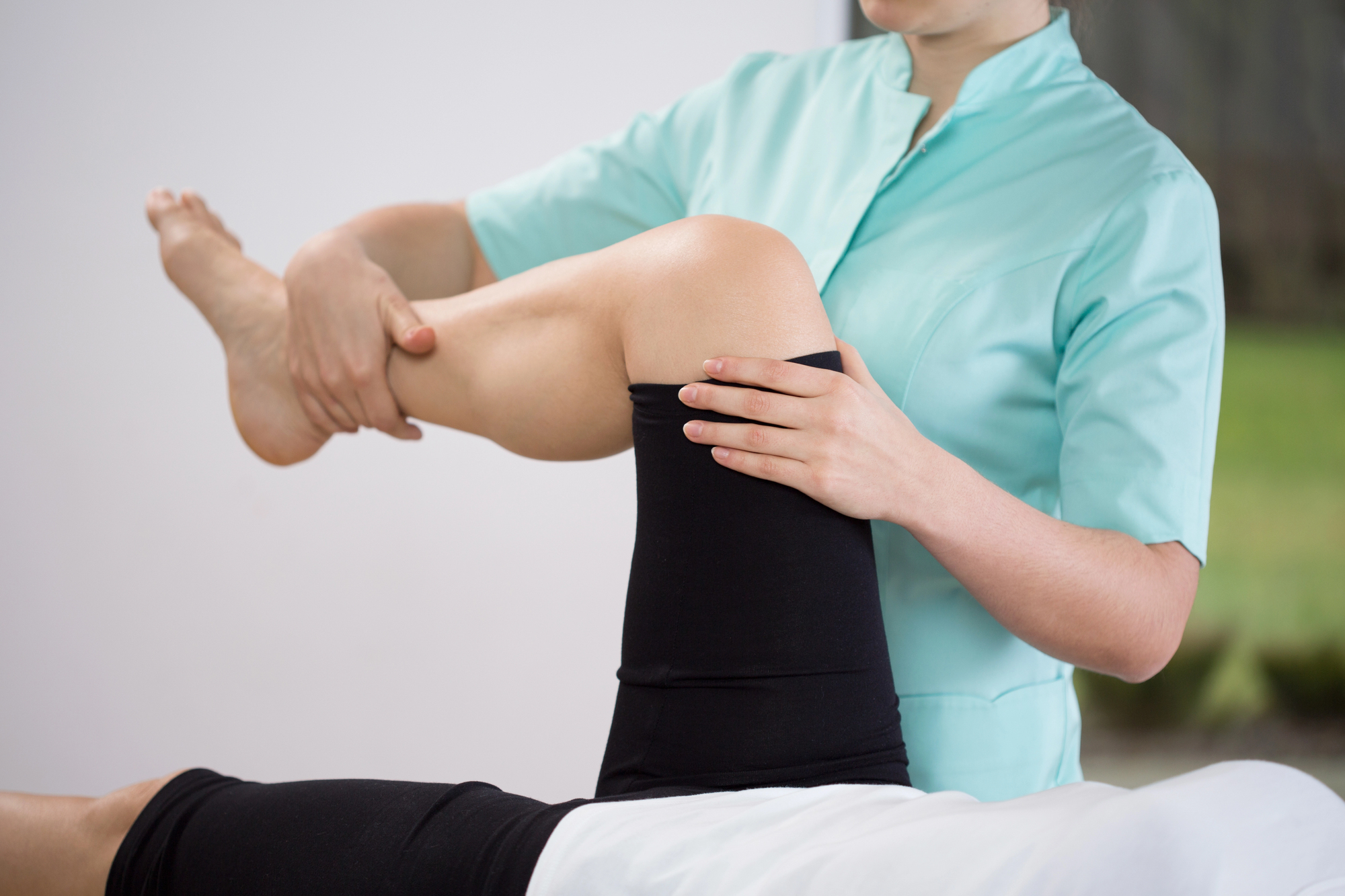
Knee Replacement Recovery Time And How to Heal Quicker

Knee replacement surgery (either total or partial) replaces damaged joint surfaces with high-quality prosthetics, designed to reduce pain and restore mobility. While recovery varies by individual, many people begin walking within weeks and return to full activity within months. This post helps you understand the timeline, how to recover faster and why knee surgery abroad might be your quickest path to relief.
How Long Does It Take To Recover from Knee Surgery?
Recovery from knee replacement surgery varies depending on your age, health, and whether you had a partial or total knee replacement. Generally:
- Most patients begin walking (with help) within 1–2 days
- Return to day-to-day activities happens within 6 to 12 weeks
- Full recovery, including rebuilding strength and flexibility can take 6 to 12 months
Here’s a quick breakdown:
- Knee arthroscopy: 2–6 weeks
- Partial knee replacement: Around 6 weeks
- Total knee replacement: 6–12 weeks for early recovery; up to 12 months for full recovery
The more closely you stick to your rehab plan, the smoother the journey usually is.
Knee Surgery Recovery Timeline
Here’s a realistic week-by-week guide to help you understand what to expect:
Day 1–3:
Begin walking short distances with a physiotherapist, using a walker or crutches. Pain and swelling are expected but manageable with medication.
Week 1–2:
Daily physiotherapy exercises begin. Swelling and bruising continue. Many patients go home with a recovery plan and wound care instructions.
Week 3–4:
You may progress to a cane. Most patients can shower, dress, and walk short distances independently. Pain usually starts to decrease.
Week 5–6:
Return to light tasks at home. Begin walking longer distances. May be cleared to drive. If you have a desk job, you could return to work.
Week 7–12:
Improved mobility, less swelling. Resume activities like walking, shopping, or swimming. Return to work possible for many.
Month 3–6:
Knee strength and flexibility continue to improve. Low-impact exercise and travel become easier.
Month 6–12:
Most patients return to full daily activities with minimal or no discomfort. You may still experience occasional stiffness or minor swelling.

How to Speed Up Recovery After Knee Replacement
- Stick to your physiotherapy plan and do daily exercises
- Elevate your leg and use ice to reduce swelling
- Take short, frequent walks instead of staying stationary
- Include healing nutrients like protein and vitamin C in your diet
- Avoid overexertion and listen to your body’s signals
- Sleep with your leg slightly elevated to ease discomfort
Knee Surgery Aftercare
Here are examples of gentle, surgeon-approved exercises that aid recovery:
- Quad sets and heel slides in bed
- Seated leg raises and ankle pumps
- Standing marches and supported squats
- Stationary cycling (usually introduced after 4–6 weeks)
These knee replacement exercises aim to restore strength, mobility, and balance. Always follow the advice of your surgeon or physiotherapist
Will I Need To Take Time Off Work?
This depends on your job:
- Desk-based work: 6–8 weeks after surgery
- Physically demanding jobs: 10–12 weeks or longer
- If you work on your feet or operate machinery, your return will be delayed
Most surgeons advise a gradual return and may recommend a phased schedule.
Can I Drive After Knee Replacement Surgery?
Most patients resume driving after 4–6 weeks, once they can:
- Bend their knee comfortably
- React quickly in an emergency
- Are no longer taking strong pain medications
If you had surgery on your right knee, your return to driving may be slightly delayed. Check with your surgeon and insurer first.
What Should I Avoid After Knee Replacement?
To avoid setbacks and support long-term success, try to avoid:
- High-impact sports (running, jumping, skiing)
- Kneeling for long periods, it may remain uncomfortable even after recovery
- Lifting heavy objects early on
- Twisting or pivoting sharply on your new knee
- Crossing your legs during the first 6 weeks
- Sitting or lying down for long stretches without moving
Avoiding these habits helps protect your joint and prolong the life of your implant.
Still Looking For Affordable Knee Surgery Options?
NHS waitlists can be over a year, and private knee surgery in the UK can cost £12,000 to £16,000. That’s why many people are now choosing to have their knee replacement surgery abroad.
At Thera Travel, we connect UK patients with trusted, internationally accredited orthopaedic clinics in countries like:
- Poland (from £4,000)
- Lithuania (from £5,800)
- Turkey (from £6,000)
All packages include:
- Expert orthopaedic surgeons
- Fixed-price surgery (no hidden extras)
- Pre-travel health checks
- Flights, hotel, and transfers arranged for you
- UK-based physio and remote follow-ups after surgery
Ready to skip the wait and take the next step?
Related posts

Waiting for the NHS: The Risks of Delaying Decompression Surgery
.jpg)
Spinal Fusion vs Disc Replacement: Which Is Right for You?


